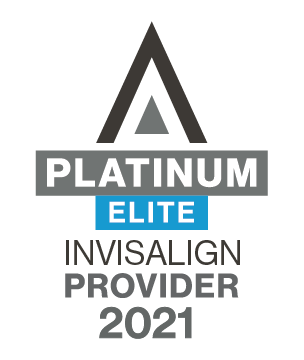It can be completely overwhelming, walking down the supermarket aisle and looking at all kinds of toothpaste for sale these days. Trying to decipher between clever marketing wording like “multi-action”, “brightening”, “natural”, “micro-crystals” can be baffling. Besides all the terminology, most people ask themselves if there is a difference between them all and what benefits they have.
What is toothpaste?
The toothpaste role has always been to remove plaque and prevent cavities with a paste we can brush our teeth with. The majority on the market all do the same thing and essentially have the same ingredients. They contain fluoride and have some mild abrasive component and then a flavour. The abrasive ingredient is usually calcium carbonate and hydrated silica. These polish your teeth and help dislodge particles trapped in grooves and crevices of your teeth while at the same time being mild enough not to harm your teeth by being too abrasive.
While in Australia, only two major brands control the toothpaste market, being Colgate Palmolive and GlaxoSmithKline, they together produce many varieties of toothpaste, and competition is fierce for your dollar.
Not only is there much hype on marketing wording now, but there is also a selection of whitening, tartar control, sensitive, natural and child-specific types of toothpaste.
Here’s a breakdown of what you’re getting for your toothpaste and what’s better for your particular teeth.
Teeth-Whitening toothpaste
This is the most popular type of toothpaste on the market as everyone has a goal to have whiter teeth if possible. While these kinds of toothpaste can remove a slight colour of the teeth, there is no toothpaste on the market that can remove staining like a professional teeth-whitening procedure at a dentist can do.
Sensitive teeth toothpaste
Nerve endings can become exposed over time and when enamel thins and gums recede. Sensitive toothpaste is designed to block the dentine tubules and minimise as much sensitivity as possible. Dentists do recommend sensitive teeth products and believe in these products to help mild sensitivity. However, these products are not a substitute for any tooth pain, and once you’re experiencing discomfort or pain, you should see a dentist straight away so a dentist can determine the cause and treat it.
Children’s toothpaste
This is a markets dream category. Everything from glitter, rainbow colours, flavours, stripes and kids favourite action figures and Disney princesses fill this area to help more kids brush more often. They’re sugar-free and include fluoride just like adults toothpaste but are designed to be more gentle for milk teeth and junior teeth. The ADA recommends parents avoid toothpaste for babies under 18 months so they don’t swallow the toothpaste containing fluoride. Once older, they can move to low-fluoride products till around 3-4 years of age. Once children have their first adult teeth around six and over, they can move to older aged toothpaste.
Tartar control toothpaste
Tartar is a hardened plaque that has built up and can lead to gum disease. Although regular brushing can help minimally remove this, only a dentist can adequately remove plaque build-up. Almost all brands contain a tartar suspension agent, which prevents tartar particles in saliva from sticking to teeth.
Natural toothpaste
Natural toothpaste sales have spiked in the last few years as people consciously seek healthier alternatives to their lifestyles, and teeth are no exception. Most are made without fluoride; however, dental experts still advise that toothpaste’s main vital ingredient is fluoride to prevent decay. Natural toothpaste will always clean teeth and help bad breath, but it won’t help in the fight against decay.
While choosing toothpaste is essential, most dentists will tell you it’s more important to select a basic toothpaste and brush more often than choose one with marketing promises and brush much less.
We can advise which toothpaste can help your teeth and schedule this with your next regular visit. Contact us at Withers Dental to book in for your next dental check and clean today!

